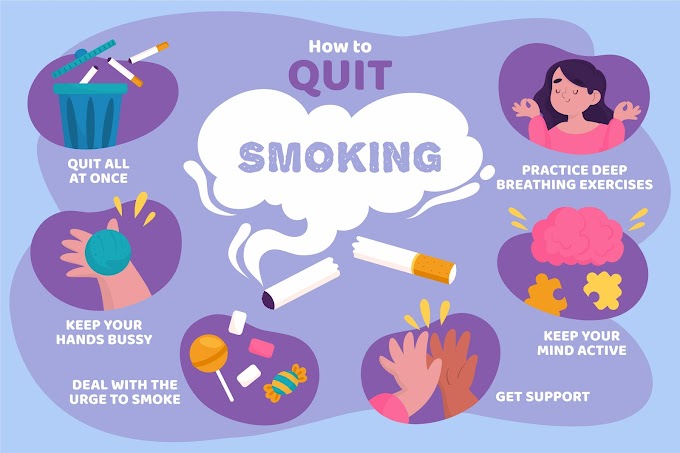Smoking has numerous negative side effects on a person's health. The chemicals and toxins present in cigarettes can have a wide range of harmful effects on the body. One of the most well-known side effects of smoking is an increased risk of lung cancer and other respiratory diseases. Smoking can also contribute to heart disease, stroke, and other cardiovascular problems. In addition to these serious health problems, smoking can also cause a number of other side effects, including bad breath, yellowed teeth, and wrinkled skin.
The longer a person smokes and the more cigarettes they smoke, the more likely they are to experience these and other negative side effects. It is important for individuals to be aware of the potential risks and side effects of smoking and to consider quitting in order to protect their health.
Smoking is a harmful and dangerous habit that can have serious negative effects on your health. According to the World Health Organization (WHO), tobacco use is the leading cause of preventable death and disease worldwide, causing more than eight million deaths each year.
13 Strategies for Successfully Quitting Smoking
Death Causes in various country
Smoking is injurious to health and there is no denying that. It not only affects the smoker but also the people around him. It is the leading cause of preventable death in the world. Cigarette smoking is responsible for more than 480,000 deaths in the United States each year, including more than 41,000 deaths from secondhand smoke exposure. This means that smoking cigarettes kills more Americans than alcohol, car accidents, HIV, guns, and illegal drugs combined.
Cigarette smoking is the leading cause of death in the world, accounting for more than 7 million deaths each year. More than 6 million of these deaths are the result of smoking-related diseases, with cancer and cardiovascular disease accounting for the majority of these deaths.
While the health consequences of smoking are well-documented, the economic consequences are often overlooked. Cigarette smoking costs the world economy more than $1 trillion each year in direct medical costs and lost productivity.
Quite smoking not instant but do it step by step.
If you want to stop smoking, there is no easy way to do it. You will need to be patient and determined. The best way to do it is to gradually reduce the amount of cigarettes you smoke each day. Eventually, you will be able to quit altogether.
Start by setting a goal to smoke fewer cigarettes each day. For example, if you smoke 20 cigarettes a day, try to smoke 10 cigarettes a day for the first week. Then, the following week, try to smoke five cigarettes a day. After two weeks, try to smoke two cigarettes a day, and so on until you are able to quit smoking altogether.







.jpg)